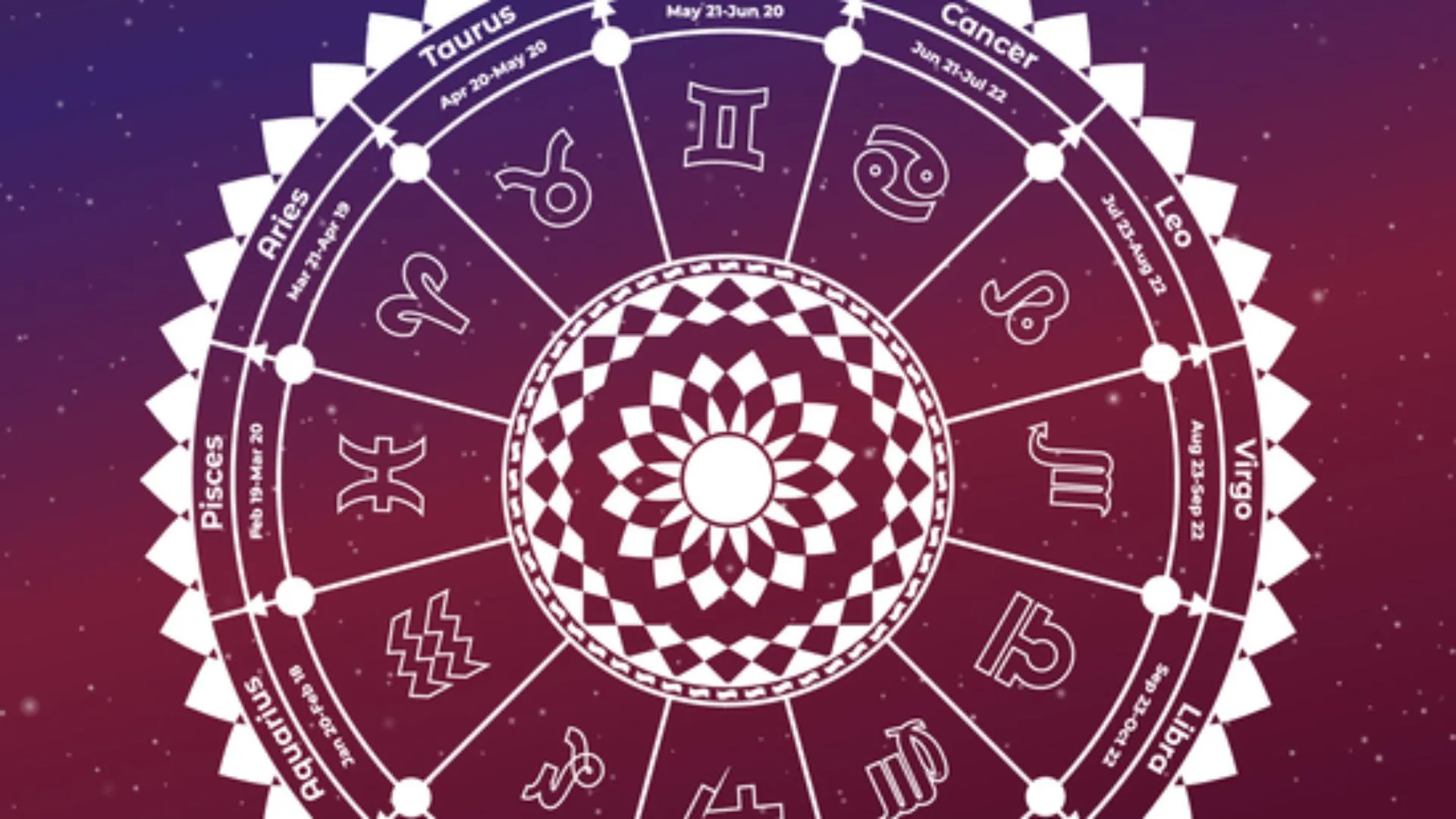Chrystia Freeland, Deputy Prime Minister of Canada and a leader within the Liberal Party, is expected to take Justin Trudeau’s post after his step-down. That is if rumors are to go by; nearly a decade passed under Trudeau, who was this country’s premier.
Still, her route to the leadership spot is riddled with the conflict she has long had with ex-U.S. President Donald Trump, who branded her “totally toxic and not at all conducive to making deals.
Freeland’s political rise coincided with her clashes with Trump during his presidency. As Canada’s foreign minister, she became a central figure in the heated trade negotiations over tariffs imposed by Trump on Canadian steel and aluminum. She also played a pivotal role in renegotiating the North American Free Trade Agreement (NAFTA), solidifying her reputation as a skilled negotiator despite Trump’s criticisms.
Early Life And Career
Chrystia Freeland was born in Alberta to a Ukrainian mother. She carried her higher education to Harvard University, initially starting in a career in journalism but reporting on Russia and Ukraine for many years that provided her with a unique geopolitical perspective.
In 2013, Freeland entered the realm of Canadian politics, earning a place in Parliament within Justin Trudeau’s Liberal Party. Her rise to power was nothing short of rapid: she quickly became the Minister of International Trade, then the Minister of Foreign Affairs, and eventually the Deputy Prime Minister.
A Pioneer In Canadian Politics
In the beginning of 2020, when ethics scandal made Canada’s finance minister resign, Freeland accepted the challenge of Finance Minister. She insisted that the economic impact of the COVID-19 pandemic be fixed to reposition herself as a prominent figure in Canadian politics.
Rift with Trudeau
While Freeland has been a loyal supporter of Trudeau, there were rumblings in December when she publicly condemned his “expensive political tricks,” including tax holidays and worker rebates. That was the point at which things became critical, and internal fissures within the Liberal Party became exposed.
The recent polls put Freeland on top of the list to head the Liberal Party. Thus, in case she does become the Prime Minister, challenges are not something that would hit her when she steps into power; rather, it is already waiting at her doorstep-the very first being the confidence vote by Parliament and going through the fragmented political scene.
Chrystia Freeland would bring an experienced, internationally connected approach to Canada’s most senior political position. Her troubled relations with a Trump presidency, and intraparty dynamics, would be in control if she assumes the top position.
ALSO READ | What’s Behind The Seismic Surge? Tibet Endures 20 Earthquakes In Just 24 Hours






















